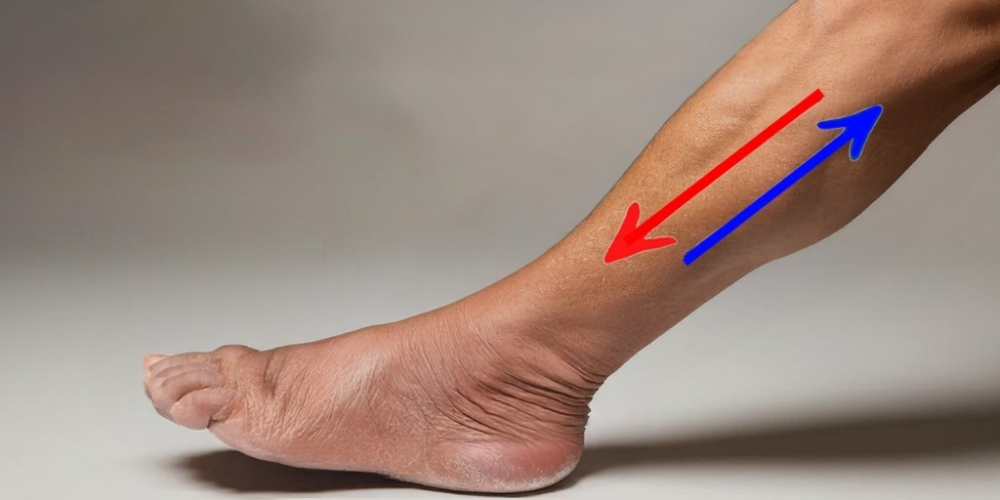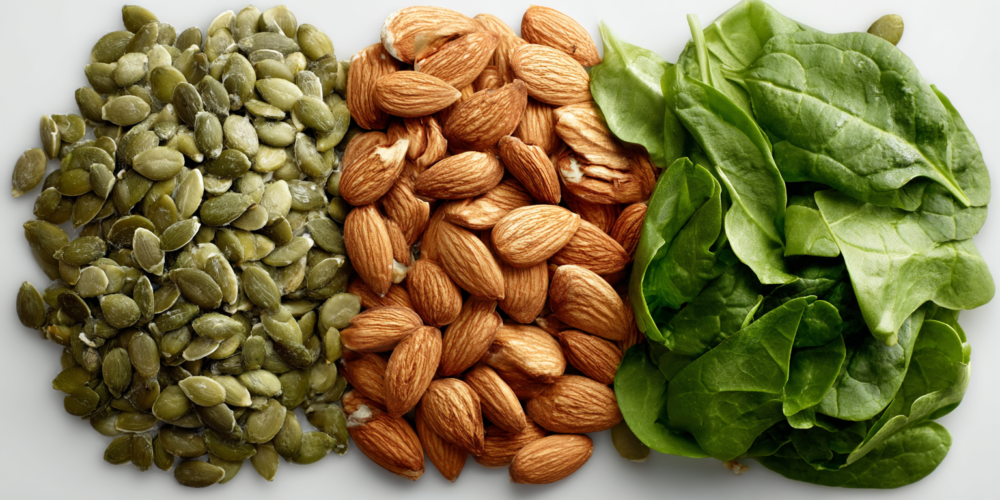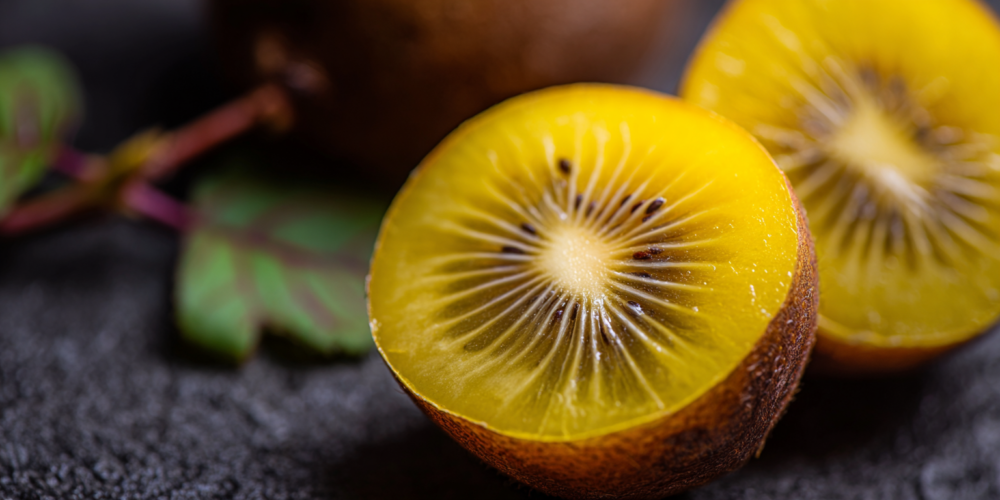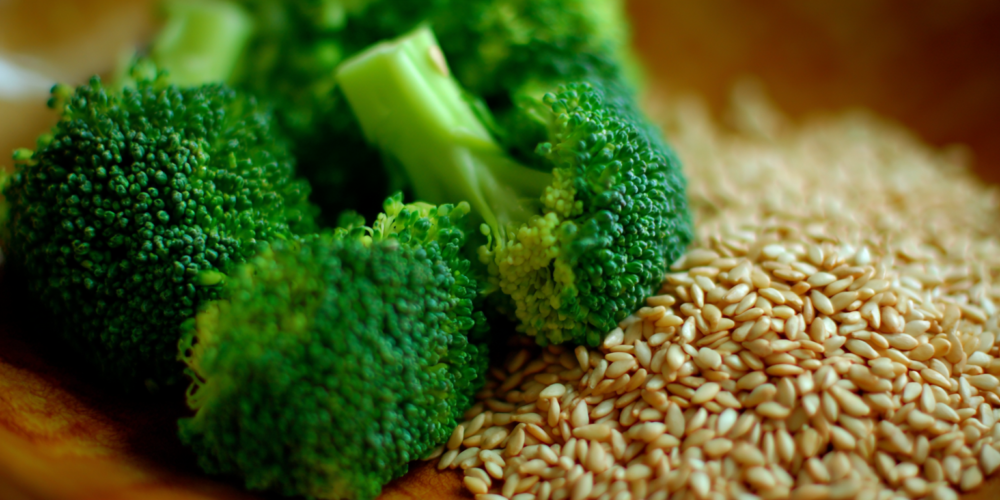
Have you ever felt like your legs are heavy, or noticed swelling and tingling, and just chalked it up to getting older? It’s easy to think that these kinds of circulation problems are just a normal part of aging. But here’s the thing: it’s often not about your age at all. Instead, it might be about certain nutrients your body isn’t getting enough of. When these key nutrients are low, your circulatory system can take a hit, leading to issues like venous insufficiency.
When your body lacks these important nutrients, the walls of your blood vessels can weaken. This makes it harder for blood to flow smoothly, especially in your arms and legs, causing that slow, sluggish feeling. Luckily, there are specific vitamins and minerals that can make a big difference. We’re going to look at 10 of them, how they help your circulation, and how you can easily get them through your daily meals. Just remember, if you’re experiencing symptoms like leg swelling, cramps, or unexplained tiredness, it’s always a good idea to talk to your doctor first. They can help figure out what’s going on and if these ideas are right for you.
📌Why Circulation Matters More Than You Think

Good blood flow is super important for your whole body. It makes sure oxygen and nutrients get to all your cells and helps carry away waste. When your circulation isn’t working well, you might feel tired, have cold hands and feet, or even notice issues like varicose veins. It’s not just about comfort; it’s about your overall health. Getting enough of the right nutrients can help keep your blood vessels strong and flexible, making it easier for your blood to move freely.
🌱Key Nutrients for Circulatory Health
➡️10. Magnesium: The Unsung Hero

- Magnesium is a mineral that doesn’t get enough attention, but it’s really important for good circulation. It’s involved in over 300 processes in your body. If you don’t have enough magnesium, your body just can’t work its best. You might feel tired, have trouble sleeping, or even feel anxious. It’s tricky because blood tests often don’t show if you’re low on magnesium, since most of it is inside your cells. So, how do you know? Look for signs like constant tiredness, frequent muscle cramps, trouble focusing, or high blood pressure. If you have venous insufficiency, you might need more magnesium. The best way to get it is through food. Leafy green vegetables like spinach and kale are packed with it. Adding nuts like almonds or walnuts to your diet also helps you get enough of this mineral.
➡️9. Vitamin D: Beyond Bone Health

- Many people think Vitamin D is just for strong bones, but it does so much more, especially for your circulation. This vitamin directly affects the cells lining your blood vessels. A healthy lining means blood can flow easily, and oxygen and nutrients can reach all your body parts. By protecting this lining from damage, Vitamin D helps keep your veins and arteries healthy. Signs you might be low on Vitamin D include tiredness, muscle weakness, bone pain, low mood, or getting sick often. Unlike magnesium, you can easily check your Vitamin D levels with a blood test. You won’t get much Vitamin D from food; about 90% comes from sunlight. Just 15 minutes a day in the early morning or late afternoon can be enough.
➡️8. Vitamin K2: Keeping Arteries Clear

- Vitamin K2 is known for keeping your arteries free of calcium, which stops them from getting stiff. It helps move calcium out of your bloodstream and into your bones, where it belongs. Many people don’t get enough Vitamin K2, especially if they avoid fatty foods or fermented items. Foods like natto (fermented soybeans), sauerkraut, and kefir (fermented milk or plant-based drink) are great sources. If you want to naturally protect your arteries and improve circulation, make sure you’re getting enough Vitamin K2 through your diet.
➡️7. Vitamin C: The Vessel Strengthener

- Vitamin C plays a big role in your circulation. It’s an antioxidant that protects your cells from damage. Plus, it’s essential for making collagen, a protein that gives structure and strength to your skin, bones, and importantly, your blood vessel walls. When your arteries and veins are strong and flexible, blood flows much better. If you’re low on Vitamin C, collagen levels drop, and your blood vessel walls can weaken, making them more prone to issues. Vitamin C also helps your body absorb iron, which is vital for making red blood cells that carry oxygen. You can find Vitamin C in many foods like red peppers, broccoli, kale, citrus fruits, kiwis, and guavas.
➡️6. Coenzyme Q10: Cellular Energy Booster

- Coenzyme Q10 (CoQ10) is like a vitamin and is found in every cell in your body. It’s key for producing energy. Beyond that, CoQ10 is good for circulation because it helps the inner lining of your blood vessels work better, allowing arteries to widen and improve blood flow. It can also help lower blood pressure. As we get older, our bodies make less CoQ10, which can lead to tiredness, muscle weakness, and memory issues. You can get CoQ10 from foods like sesame seeds, broccoli, cauliflower, oranges, and strawberries. It’s also available as a supplement, especially helpful if you’re low or need an extra boost.

